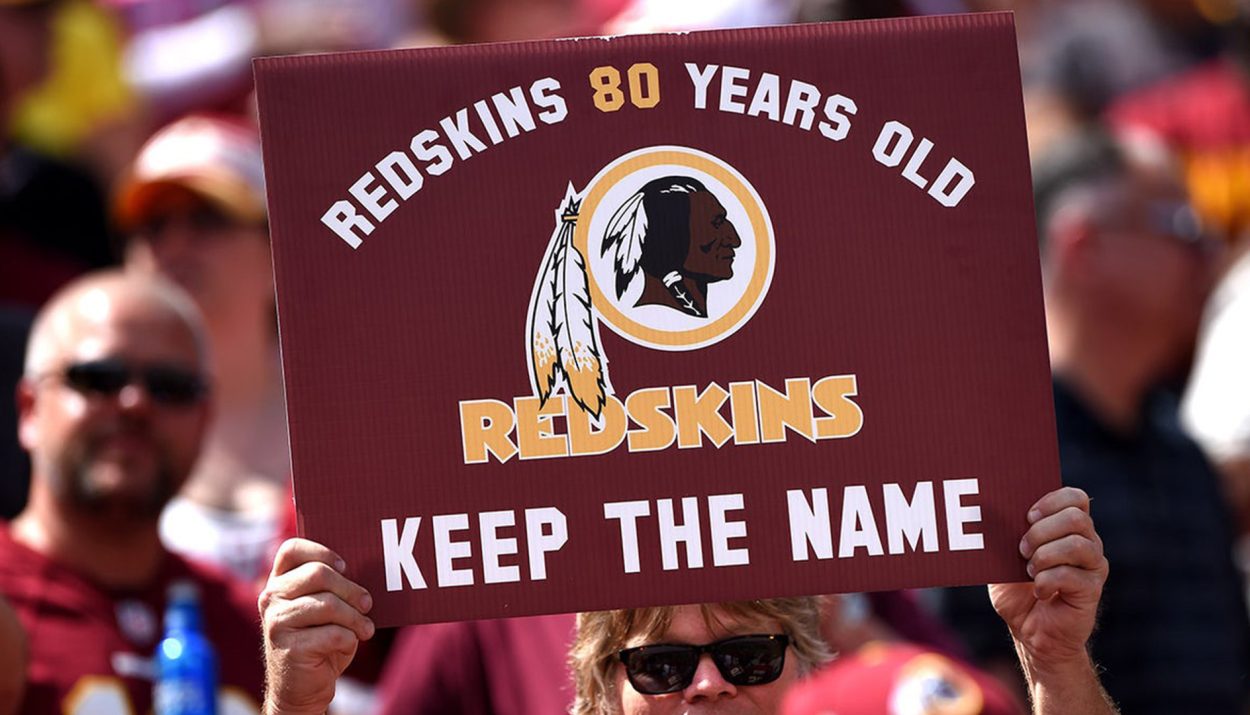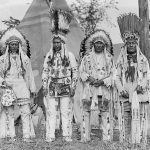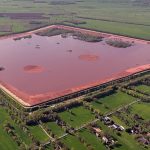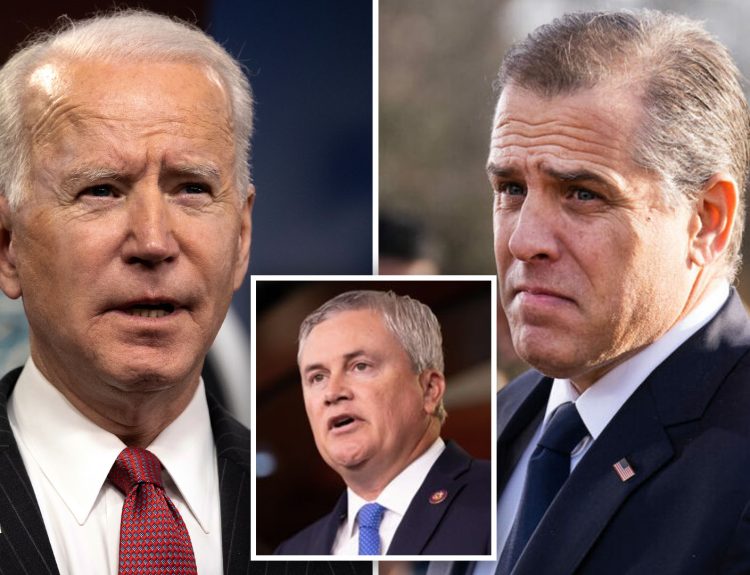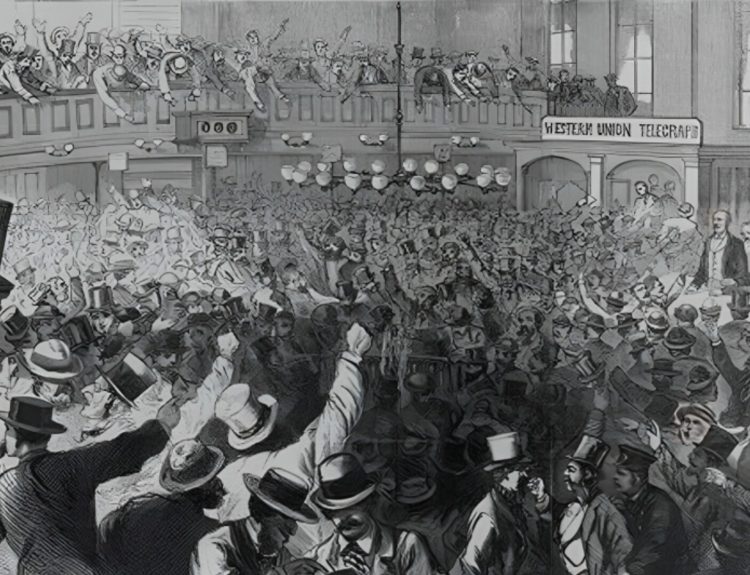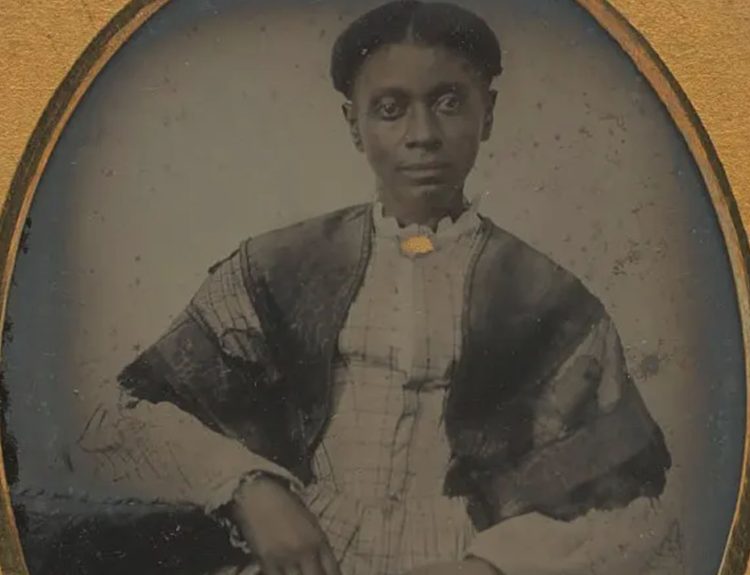The use of Native American characters and names as mascots for sports teams is a hotly debated topic in the United States and Canada. In an effort to be more sensitive to various cultures and to remove a name that many people consider to be derogatory, the Washington Redskins, Cleveland Indians, Edmonton Eskimos, and other teams have changed their names.
For some, this change was a long-time coming. It was, they claim, a step in the right direction to end institutional racism. But not everyone sees it this way. Some people, including members of one Native American organization, the move is just another attempt to erase and white-wash Native American history.
Filing Suit Against the NFL’s Washington Commanders
The Native American Guardians Association has filed a lawsuit against the Washington Commanders and the team owner, Josh Harrs. According to the wording in the lawsuits, the group, called NAGA, is suing for defamation, civil rights violations, and civil conspiracy.
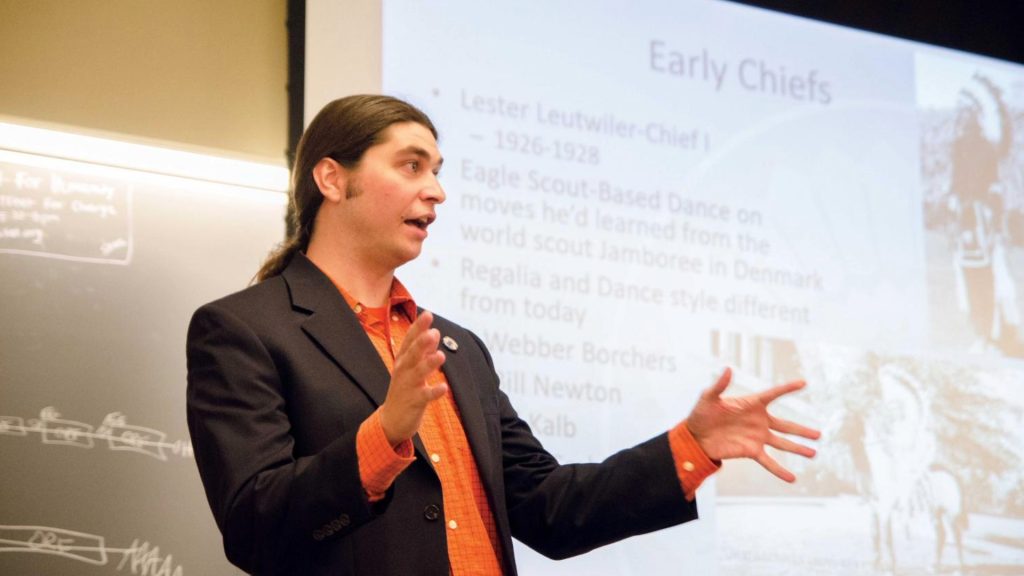
That term “civil conspiracy” is not one we hear often. Basically, NAGA is claiming that their lawsuit represents an example of a larger issue … the effort by liberals to erase Native American history. Some liberal groups, they assert, are actively working to suppress Native American heritage by removing names, images, and vestiges of the past.
“Bring Back the Redskins”
It may surprise many people to learn that not all Native Americans were offended by the use of the “Redskins” nickname, the name of the Washington NFL team for more than 80 years. They were, in fact, proud to see their heritage represented and are demanding that Harris bring back the Redskins.
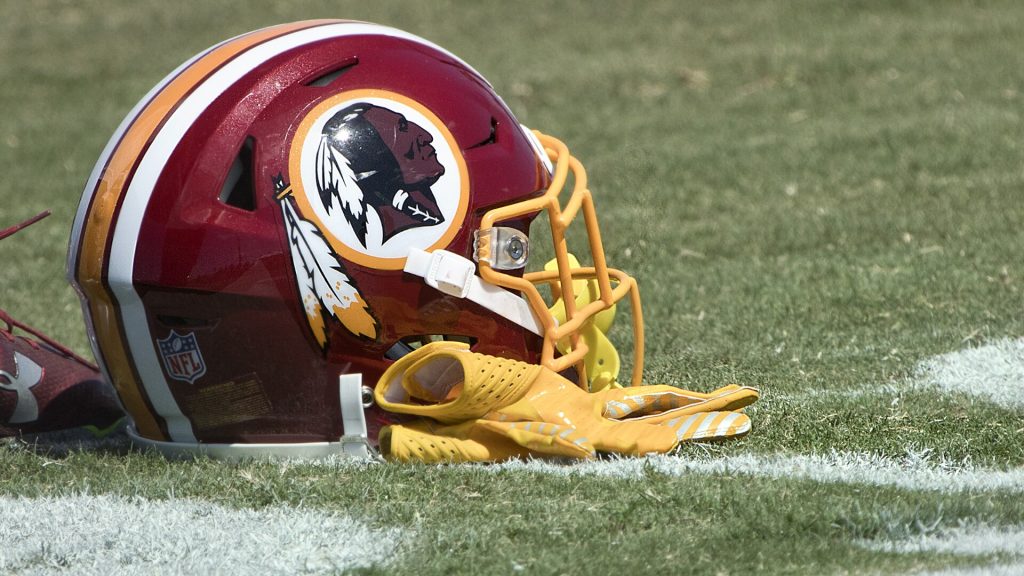
According to the lawsuit, “NAGA’s members were huge Redskin fans precisely because they were the Redskins. It was the only team in the NFL to honor an actual Native American. They were proud to watch professional football players engage in a different kind of battle, with the stoic face of Chief White Calf on their helmets.”
The Redskins Logo Honored a Great Native American
NAGA supporters also question whether the people who advocated for the removal of the Redskins name and logo even knew the history behind it. The logo, in fact, was designed for the Washington Redskins in 1971 by Walter Wetzel, a tribal council member for the Blackfeet nation.
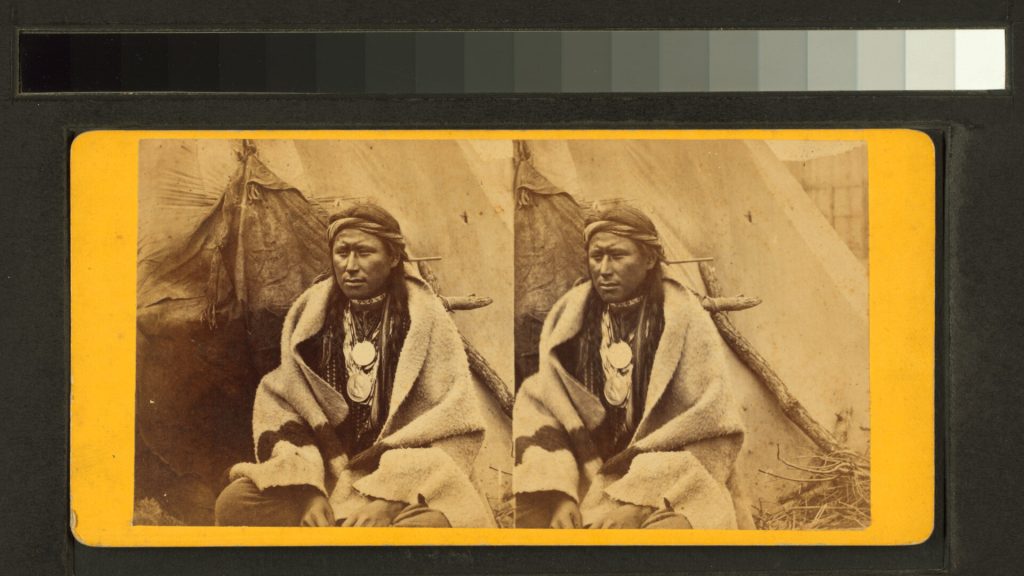
Wetzel modeled his logo after a great Blackfeet chief, John Two Guns White Calf, the last chief of the Blackfeet tribe. Chief Two Guns White Calf was responsible for the establishment of Glacier National Park in Montana and for bringing the Great Northern Railway into the region. It is also believed that his image was used on the Indian head nickel.
Why Is a Washington D.C. Team Named After Native Americans Anyway?
NAGA goes on to ask if the general public – and the Redskins naysayers – even know why a professional football team based in the nation’s capital was named after Native Americans in the first place. It all goes back to history. The area now known as the District of Columbia was the location of a treaty signed by a key figure from early American history … Chief Tammany, the “Patron Saint of America.”
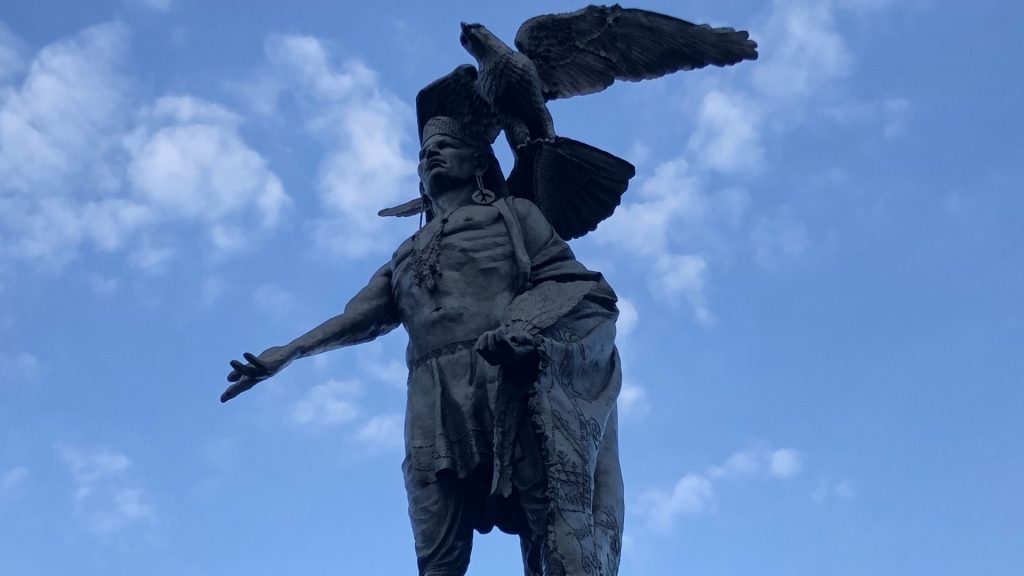
Tammany was the Chief of Chiefs of the Lenni-Lenapa nation. He had a reputation for advocating for peace and friendship. In 1683, he signed a treaty with William Penn stating that his people and the English colonists would “live in peace as long as the waters run in the rivers and creeks and as long as the stars and moon endure.”
The Former Team Owner Made the Name Change
Harris, the current owner of the Washington Commanders, was not responsible for the name change. That happened before he purchased the team. Dan Snyder, the team’s former owner, authorized the name change in 2020.
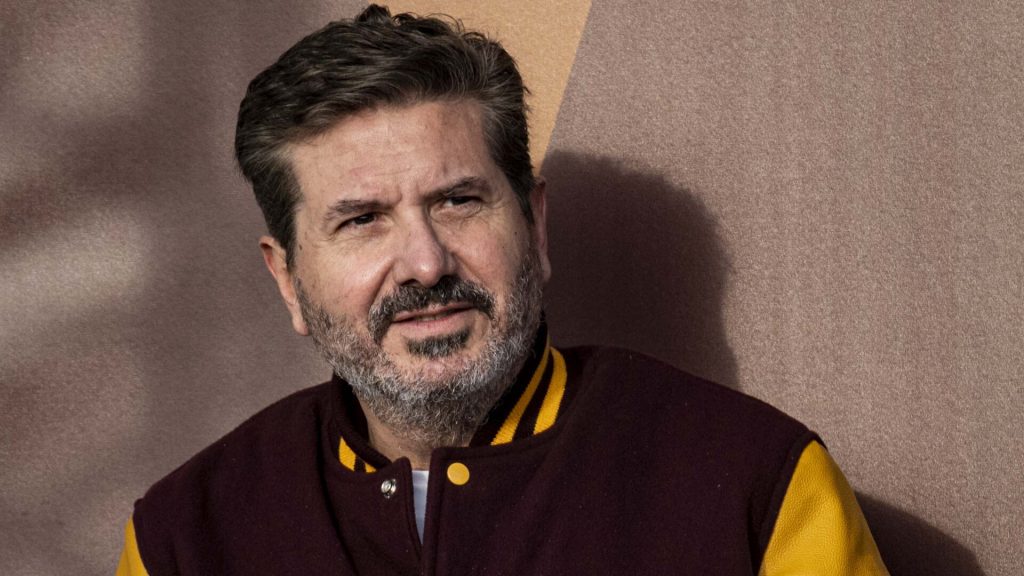
The removal of the Redskins name coincided with the racially charged protests in the wake of the George Floyd murder. But the controversy over the team’s name goes back much further. It was first suggested in the 1960s.
Civil Rights and Indigenous Rights
The 1960s saw a push toward indigenous civil rights as well as for African American civil rights. This decade saw the first push-back against sports team names and images that were viewed as culturally insensitive, derogatory, or negative.
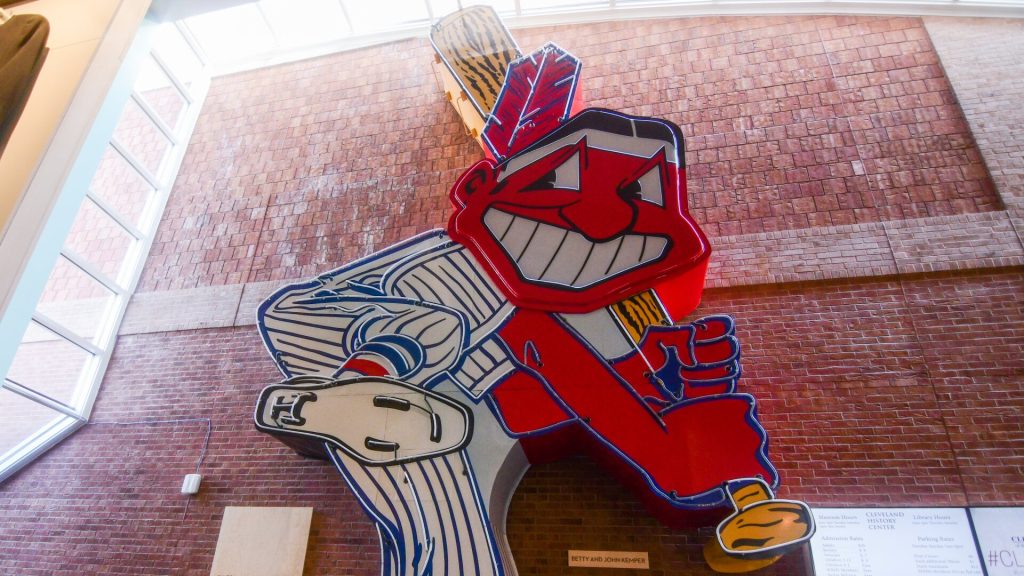
Beginning in the 1970s, several high schools across the country retired their Native American sports mascots in favor of less controversial names. In the second half of 2020 alone, 29 high schools changed their names.
Not All Native American Mascot Names Are Created Equal
Some team names were more questionable than others. Redskins and Injuns, for example, stem from demeaning and unflattering insults, whereas names like Braves and Chieftains denote honor and strength.
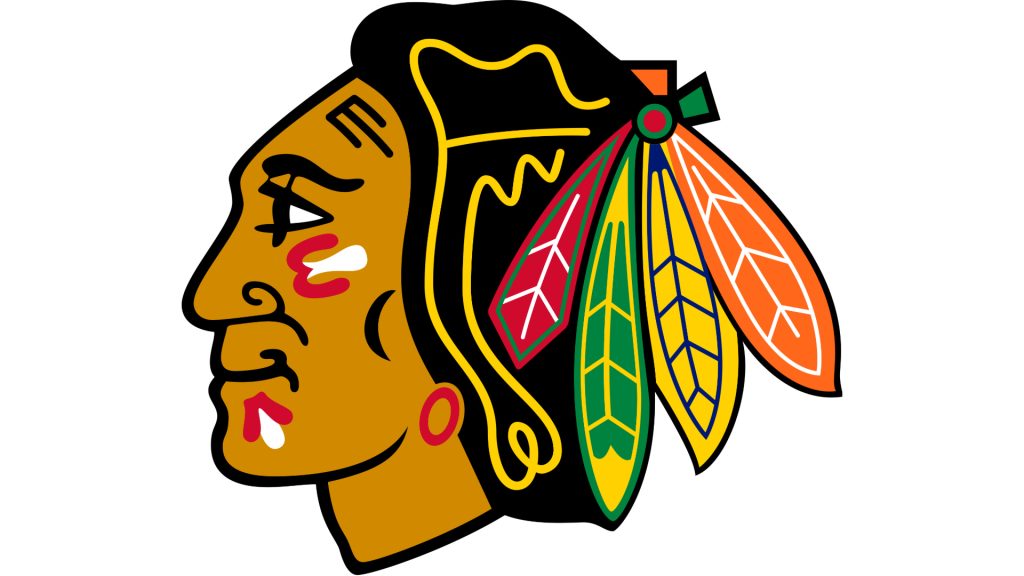
In an effort to be more culturally aware, many high schools and colleges decided to work with local Native American groups to create mascot images that were more historically accurate. Stereotype images like full feathered headdresses, tomahawks, and war paint were replaced with items that more accurately represent the indigenous people of the area.
This Movement Extended Beyond Native American Names
The push to have more racially and culturally sensitive team names snowballed from Native American names to others. For example, the Delta College Pioneers recently changed their name because the term “pioneer” is closely associated with colonialism.
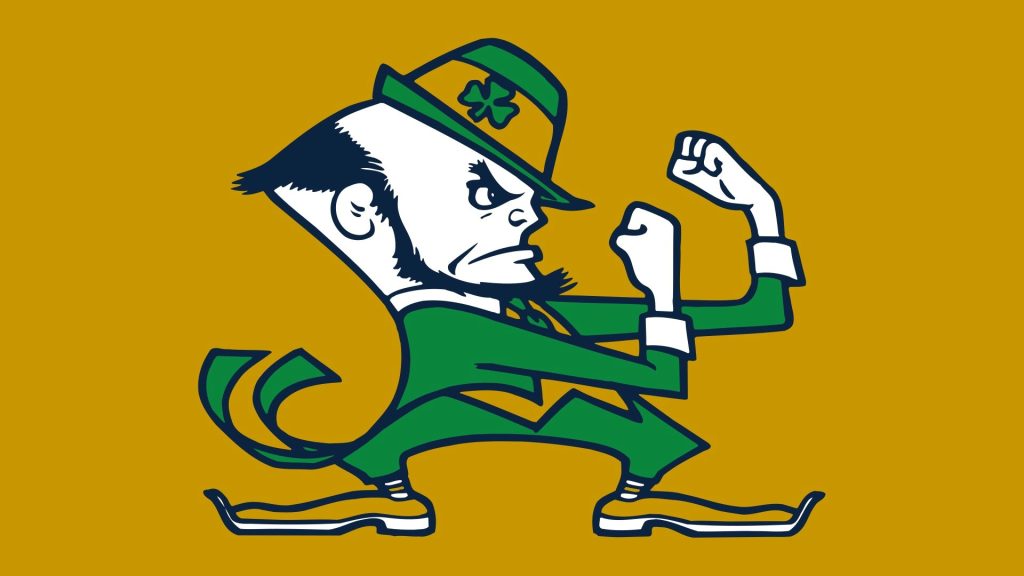
The University of Notre Dame has been criticized by some groups over its Fighting Irish team name. Critics of the name claim it perpetuates negative stereotypes about Irish immigrants. The Washington Bullets, Vancouver Canucks, and New York Knickerbockers have all been called out for their names.
It’s Not All About Sports Mascots
In response to the NAGA lawsuit, many people took to social media to support the removal of what they call “offensive” team names. In response, NAGA asked, “Do you really think this is about a name?”
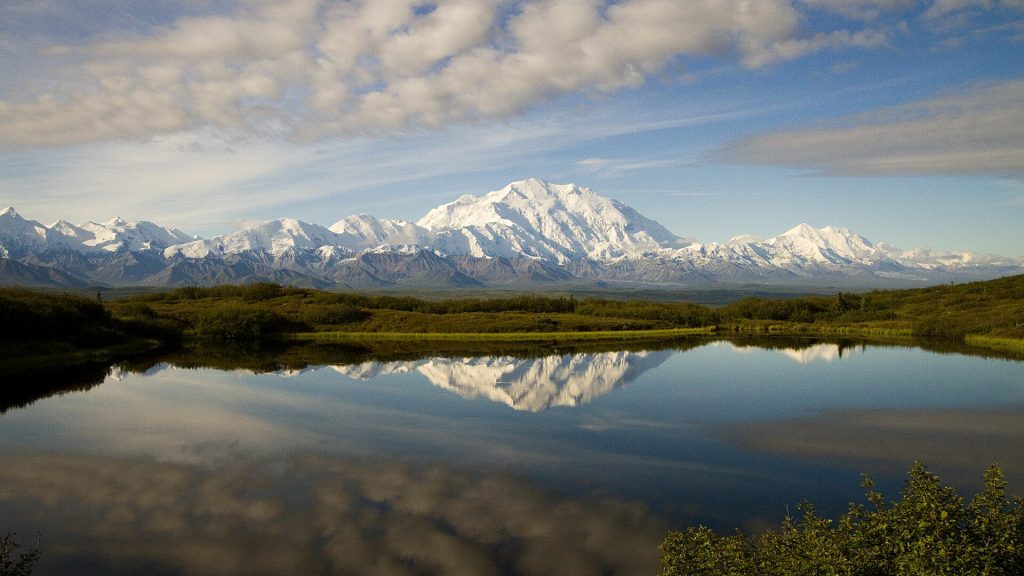
NAGA contends that references to Native American culture are being quietly erased in the United States. Sports mascots, they claim, are just one example. They point to others, such as the renaming of bridges, mountains, rivers, towns, and more, to argue that there is a current liberal-led agenda to erase Native American history.
The Wrong People Are Offended
Supporters of NAGA are quick to point out that the people who are clamoring for name changes are often not the ones who should be offended. Or, others suggest, people use the “offensive” label as justification for erasing elements of Native American culture.
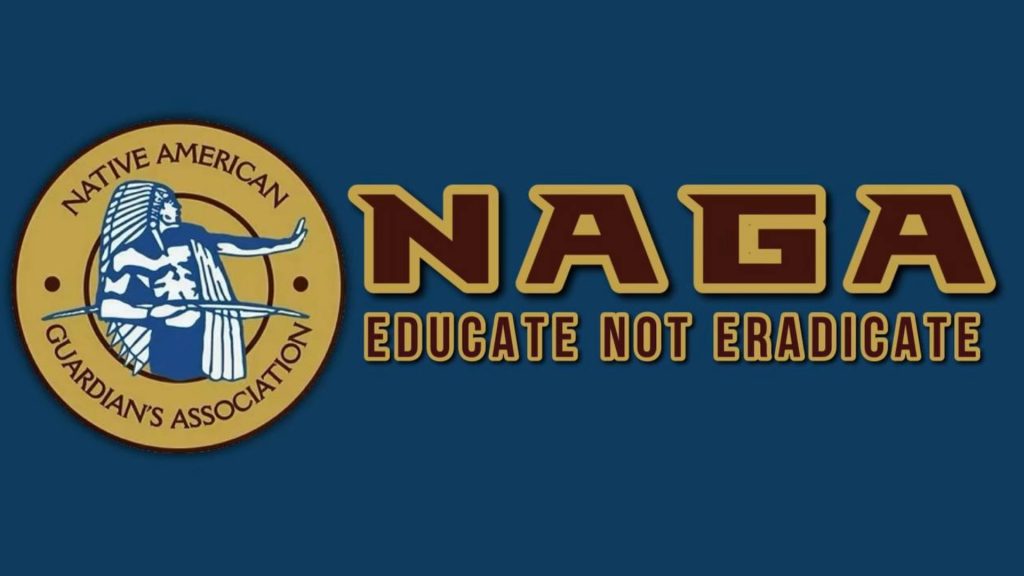
If the Native American community is not offended or angered by a team name, but are instead proud of it, this opinion should be validated. Instead, critics claim, the Native American voice is once again being silenced.
Know Your History, Don’t Erase It
In the lawsuit filed against Harris and the Washington Commanders, NAGA claims that “the powerful are pushing the delete button” on Native American history. They emphasize the need to know our country’s history before making snap judgements about erasing it.
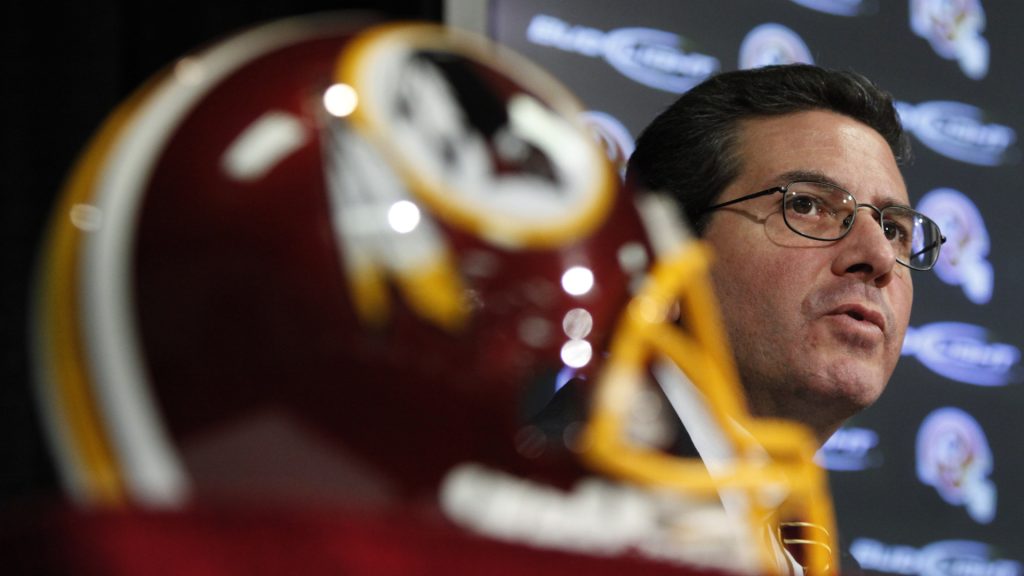
Chad LaVeglia, the attorney representing NAGA, has called the lawsuit “a big leap forward for Native Americans, and all Americans, who have been canceled or personally attacked for voicing their opinion.”
“Bravery and Courage”
According to LaVeglia, “The Native American Guardian’s Association is exemplifying the bravery and courage of their ancestors by fighting back against a giant, powerful foe.” The foes he is referring to are not specifically the Washington Commanders, but the liberal agenda that has demanded the name change without looking at the history behind it.
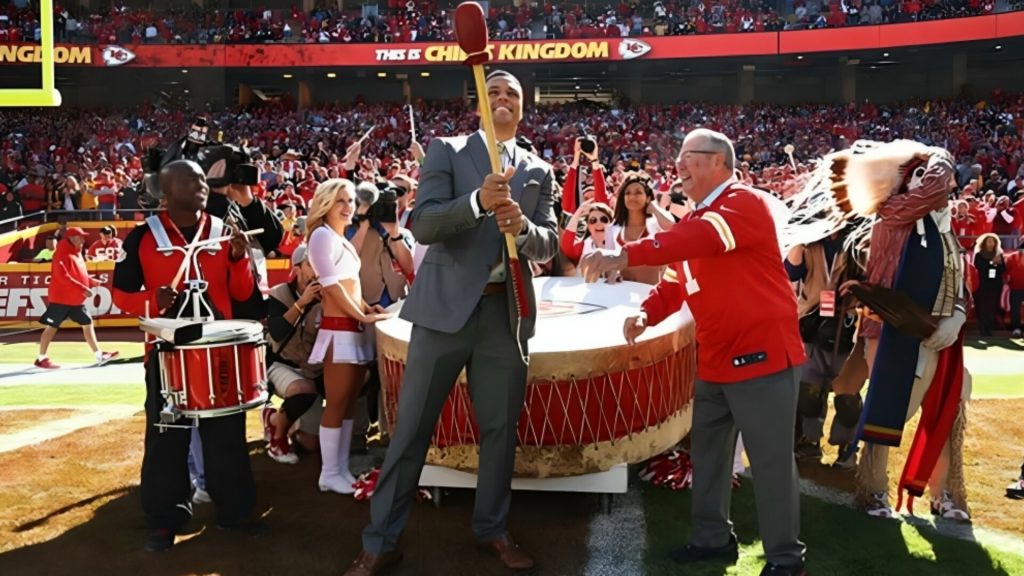
LaVeglia added. “If only a small percentage of Americans show the same courage, we can return to a country that prospers from healthy debate.”

